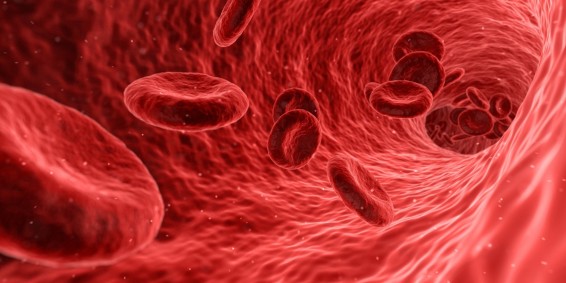
A team of researchers around Pia Sommerkamp, who carried out her PhD thesis in the HI-STEM lab and now continues as a Postdoc, now reports alternative polyadenylation (APA) as a new layer of gene regulation. In their study, the team, which involved colleagues at the Max-Planck Institute in Freiburg and at Heidelberg University Hospital, reports APA as a new, so far unrecognized, layer of regulation of HSCs active during homeostasis and in response to emergency situations such as inflammation.
APA is a process that mediates selection of polyadenylation sites in mRNAs. It thereby regulates RNA/protein isoform expression and the length of the untranslated region of the mRNA (3’ UTR). Our study now demonstrates that the RNA regulatory mechanism APA is dynamically regulated within the hematopoietic stem cell and progenitor compartment. We could show that unperturbed APA is essential for proper HSC function. Using a novel sequencing approach to characterize the 3’ UTR in a genome-wide manner, it was possible to determine alternative polyadenylation landscapes (“APAomes”) in resting and activated HSCs, revealing distinct APA profiles and 3’ UTR length patterns. In addition, we show that metabolic reprogramming by APA is a prerequisite for HSC function in emergency situations. In the future, we will investigate whether APA regulation is also active in cancer stem cells, e.g. in leukemia, in order to evaluate possible ways to specifically interfere with this regulation in disease.
The work, which was published in Cell Stem Cell, was co-supervised by Andreas Trumpp from HI-STEM/DKFZ and Nina Cabezas-Wallscheid, HI-STEM Alumni and now a junior group leader at the Max-Planck-Institute of Immunobiology.
Read more:
- Original Publication: Pia Sommerkamp, Sandro Altamura, Simon Renders, Andreas Narr, Luisa Ladel, Petra Zeisberger, Paula Leonie Eiben, Malak Fawaz, Michael A. Rieger, Nina Cabezas-Wallscheid und Andreas Trumpp: Differential alternative polyadenylation landscapes mediate hematopoietic stem cell activation and regulate glutamin metabolism.Cell Stem Cell 2020, DOI: 10.1016/j.stem.2020.03.003
- DKFZ Press Release (German Version)
